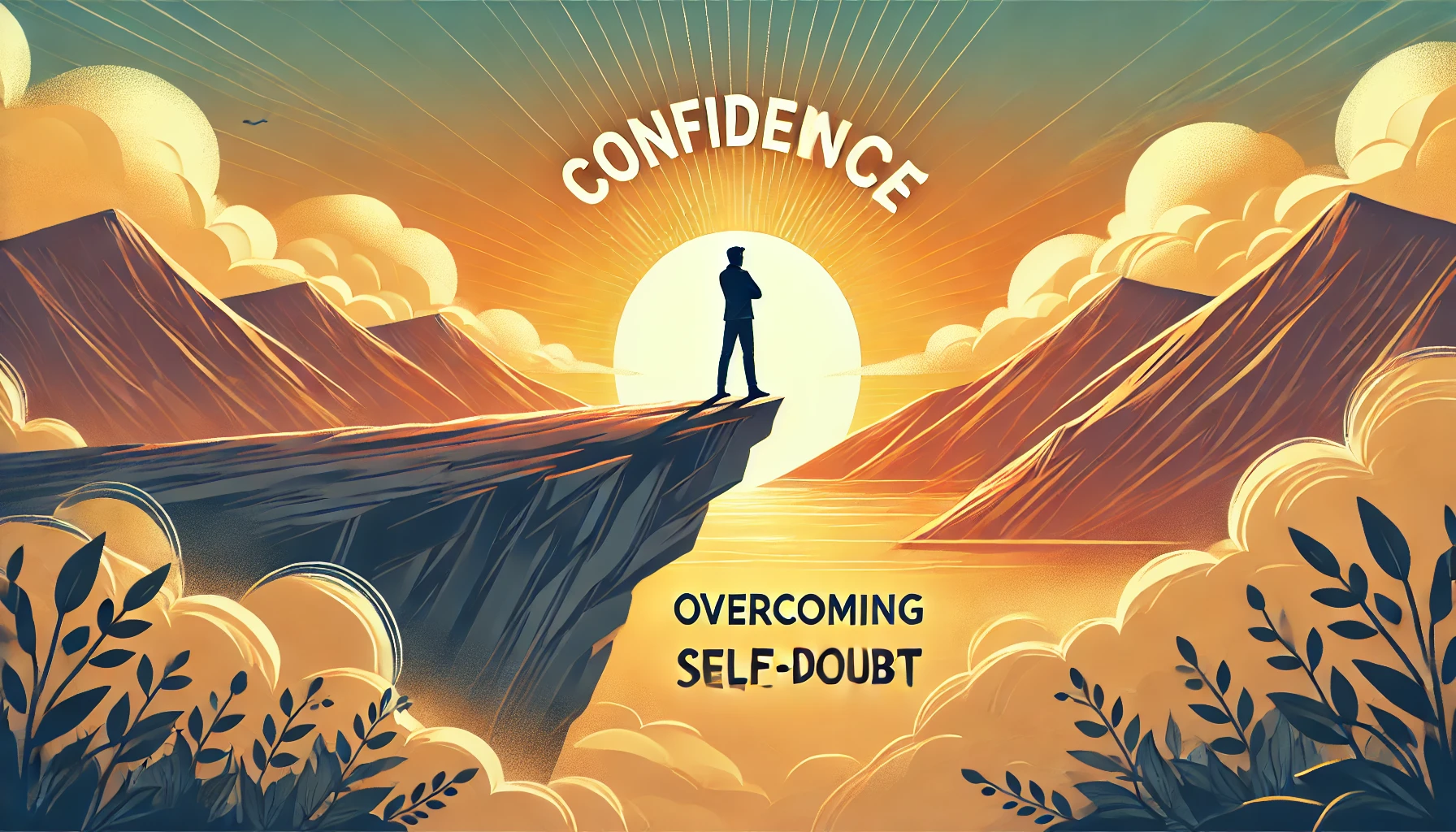
Introduction: Emotional Growth Starts Within
We often focus on improving external skills—time management, productivity, communication—but one of the most valuable traits we can develop is emotional intelligence. It’s the ability to understand and manage your own emotions, empathize with others, and navigate life with clarity and composure.
At the heart of emotional intelligence lies self-awareness. The more you understand your thoughts, triggers, and patterns, the better equipped you are to grow, connect, and lead with intention. And just like physical health or professional success, emotional growth is built on simple daily habits.
Let’s explore how you can cultivate emotional intelligence through small, intentional practices—starting with knowing yourself.
Why Emotional Intelligence Matters
High emotional intelligence (EQ) helps you:
-
✅ Stay calm under pressure
-
✅ Communicate clearly and compassionately
-
✅ Navigate conflict more peacefully
-
✅ Build stronger, more empathetic relationships
-
✅ Make better decisions aligned with your values
While IQ may open doors, EQ helps you thrive in relationships, work, and life. And the best part? It's not fixed—you can grow it, day by day.
Habit 1: Practice Daily Self-Check-Ins
Take a few minutes each day to ask yourself:
-
“How am I feeling right now?”
-
“What triggered this feeling?”
-
“What do I need emotionally?”
💡 Try This: Use your morning coffee or evening wind-down to pause, reflect, and name your emotions.
📌 Why it works: Naming emotions increases your ability to regulate them. Awareness is always the first step to change.
Habit 2: Start a Journaling Practice
Writing out your thoughts is like holding up a mirror to your mind. It allows you to see your internal world more clearly.
💡 Try This: Each night, write down one moment that triggered an emotional response and how you handled it. Be curious, not judgmental.
📌 Why it works: Journaling deepens your self-understanding and helps you recognize patterns over time.
Habit 3: Pause Before Reacting
Emotional intelligence isn’t about suppressing feelings—it’s about choosing your response instead of reacting on impulse.
💡 Try This: When you feel anger, stress, or anxiety rising, take a deep breath. Count to five. Ask: “What’s the best response right now?”
📌 Why it works: This simple pause gives your brain time to shift from reaction to reflection.
Habit 4: Practice Empathy Daily
Understanding others’ emotions begins with understanding your own. Empathy helps you connect, not just communicate.
💡 Try This: When someone shares a struggle or joy, reflect it back: “That sounds really frustrating,” or “You must be proud.”
📌 Why it works: Reflecting emotions shows presence and care—key traits of high EQ.
Habit 5: Celebrate Emotional Wins
Emotional growth is subtle. It’s choosing not to argue. It’s walking away from negativity. It’s responding with grace when you used to react with anger.
💡 Try This: At the end of your day, acknowledge one moment where you handled a situation better than you would’ve in the past.
📌 Why it works: Noticing your own progress builds confidence and reinforces growth.
Your Inner World Shapes Your Outer Life
The way you show up in relationships, decisions, and challenges is deeply influenced by your emotional state. By developing emotional intelligence through simple habits, you not only improve your own well-being—you become a better partner, parent, friend, and leader.
Emotional intelligence isn’t about being perfect. It’s about being present, aware, and intentional. And every moment is a chance to grow.
Final Thoughts: Know Yourself, Grow Yourself
The journey inward is the most rewarding journey you can take. When you commit to small, daily habits of self-awareness, reflection, and empathy, you begin to live with more peace, connection, and purpose.
🌿 Which habit will you start today to grow your emotional intelligence?











